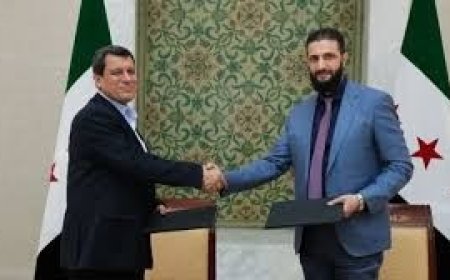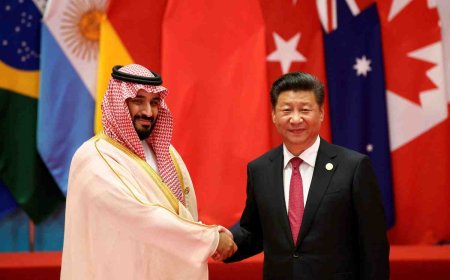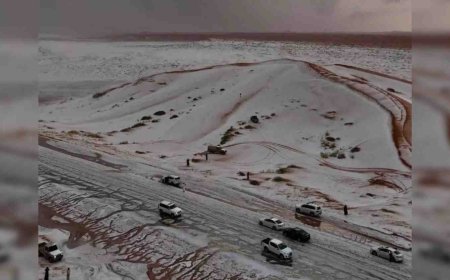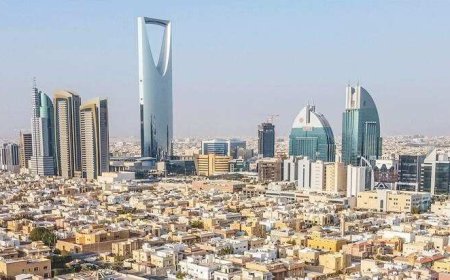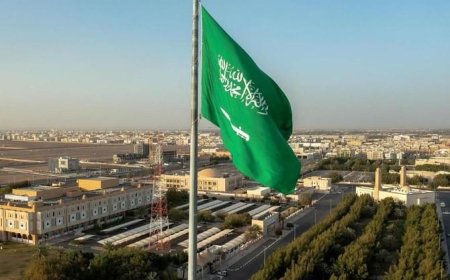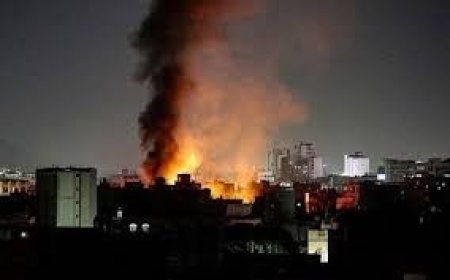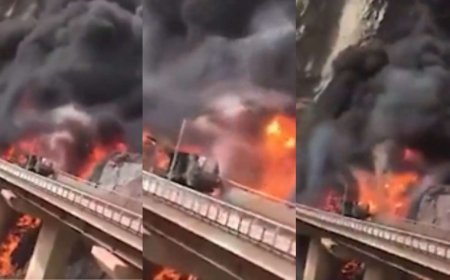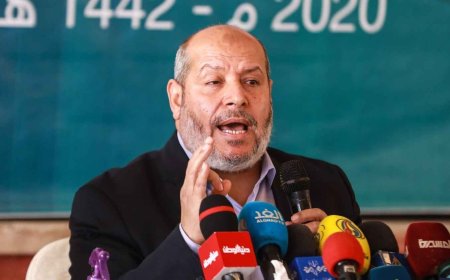Gaza Ceasefire Fails to Ease Deepening Humanitarian Crisis as Aid Remains Critically Low
A week into the Gaza ceasefire, the humanitarian crisis deepens. Critical shortages of food, water, and medicine persist as the Rafah crossing remains closed. Learn why aid is still not reaching those in desperate need.
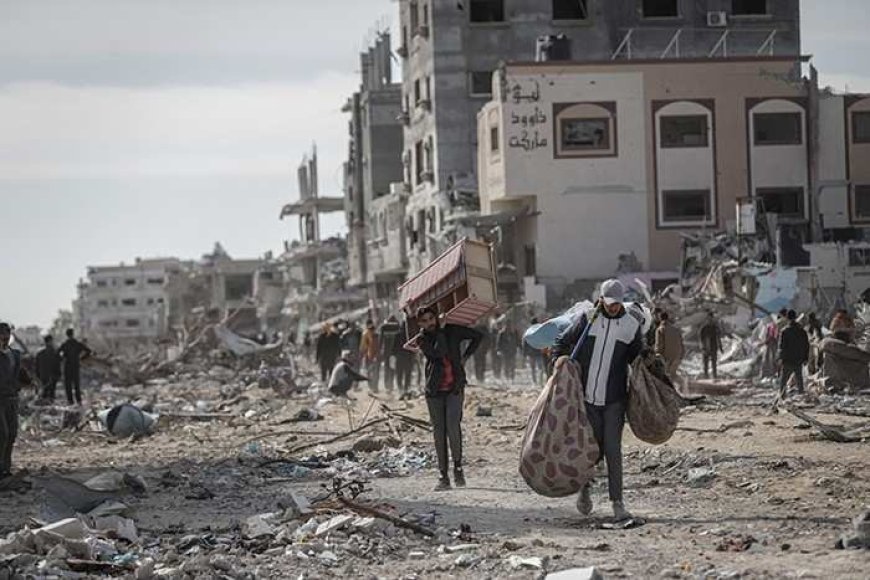
Gaza Ceasefire Fails to Ease Humanitarian Crisis as Aid Remains Critically Low
A week into a fragile truce, the humanitarian situation in Gaza remains catastrophic, with Palestinians facing severe shortages of food, water, and medicine. Despite the official pause in hostilities, the delivery of essential aid has failed to meet the overwhelming need, leaving millions in a desperate struggle for survival.
Rafah Crossing Closure Blocks Critical Aid Route
A primary obstacle to alleviating the crisis is the continued closure of the Rafah crossing, the vital gateway between Gaza and Egypt. Despite being a key conduit for aid before the recent conflict, the crossing remains shut for both the movement of people and goods.
The Israeli military's liaison body, COGAT, has stated that reopening Rafah requires further logistical and security preparations. They maintain that the current ceasefire agreement does not mandate its opening, instead rerouting all humanitarian aid through Israeli-controlled crossings like Kerem Shalom for inspection. This bottleneck has severely constrained the flow and volume of assistance entering the besieged territory.
"Critically Low" Aid Supplies Leave Basic Needs Unmet
According to United Nations agencies and local officials, the levels of aid reaching Gaza are "critically low" and insufficient to address the scale of the catastrophe. Residents report an ongoing daily battle to find food, clean drinking water, medical supplies, and safe shelter.
The United Nations has repeatedly called for "unhindered access" and the opening of multiple crossings to scale up deliveries to a meaningful level. U.N. officials estimate that thousands of aid trucks are needed each week to begin addressing the dire needs, a target far beyond the current trickle of supplies.
Fragile Truce Under Strain from Threats and Violence
The ceasefire itself is under significant strain, raising fears of a swift return to full-scale conflict. Political tensions threaten to derail the pause, with international leaders issuing public ultimatums regarding Hamas's governance and the handling of captives.
Meanwhile, the truce on the ground has been punctuated by violence. Reports indicate that Israeli strikes have continued in certain areas, resulting in Palestinian casualties. These incidents underscore the precarious nature of the ceasefire and the volatile environment in which aid efforts are operating.
Deepening Humanitarian Toll in a Shattered Landscape
The human cost of the conflict is staggering. In northern Gaza, displaced families are returning to neighborhoods completely leveled by airstrikes, finding their homes and community infrastructure reduced to rubble.
The health system is on the verge of collapse. Hospitals, operating with minimal power and supplies, face critical shortages of medicine, trained staff, and equipment. They are overwhelmed with patients, including a growing number of malnourished children and trauma victims. UNICEF has highlighted the urgent need for specialized malnutrition treatments and medical supplies to prevent a secondary wave of deaths.
Outlook: A Precarious Calm and the Risk of Catastrophe
The outlook for Gaza remains bleak. The combination of the closed Rafah crossing, continuing strikes, and political threats casts serious doubt on the durability of the ceasefire. Without a immediate and sustained surge of humanitarian assistance, the enclave risks sliding from a crisis into a full-blown catastrophe.
For the people of Gaza, the ceasefire has offered a respite from the intense bombardment but has failed to deliver the promised relief. They remain trapped in a harsh reality defined by closed crossings, insufficient aid, and profound uncertainty about the future. The international community continues to watch, as the window to prevent further immense human suffering rapidly narrows.
What's Your Reaction?









